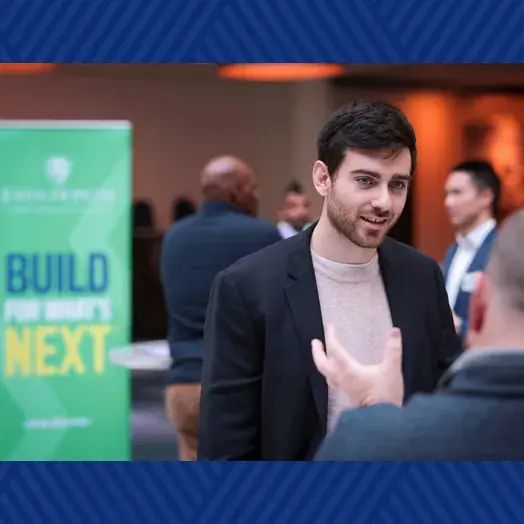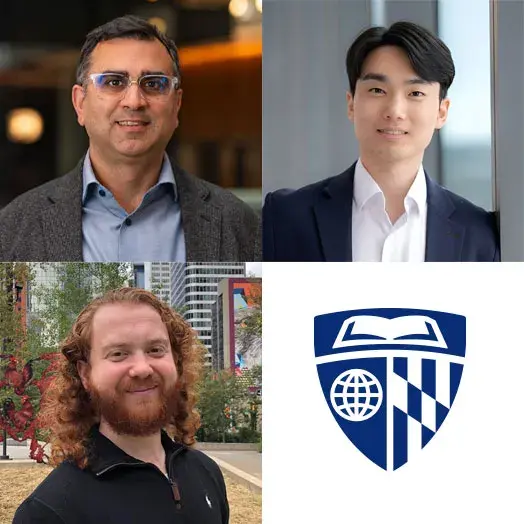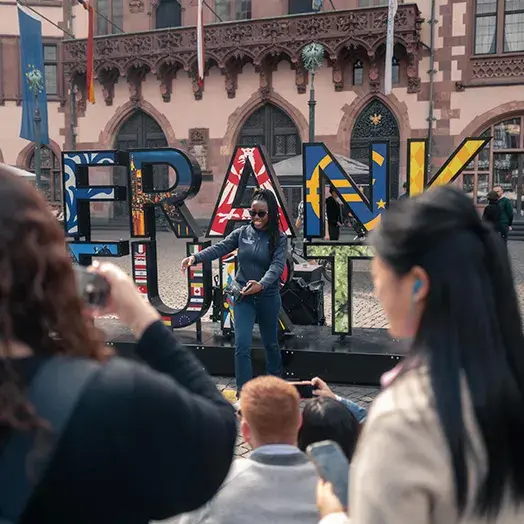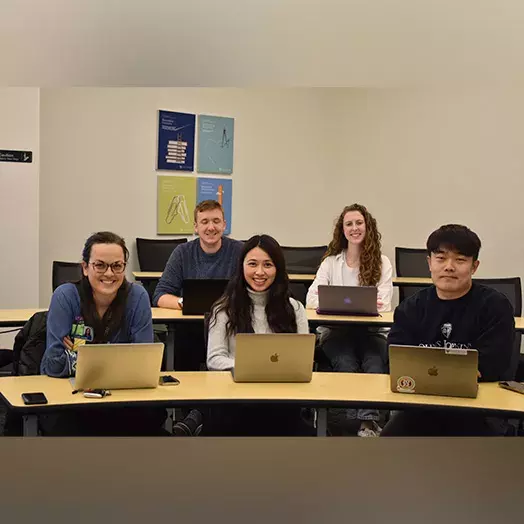
MBA students help seek solutions for Native Americans facing end-of-life concern
Katie Nelson, MSN, RN, was frustrated that she couldn’t help her patients with their end-of-life needs. As a nurse caring for Native American individuals, her hospital did not have proper space available for families to perform “smudging,” a traditional Native American ritual that involves lighting sage and washing the dying loved one’s body.
“It really kept me up at night because I didn't train to become a clinician so that I was making people's experiences worse, especially at such a vulnerable time in their life,” Nelson explained.
“That was ultimately why I pursued a PhD—because I was interested in figuring out ways that we can support people and help keep them where they want to be when they reach that stage of their life, in such a way that's honoring of their culture and their traditions.”
End-of-life care can be challenging under any circumstances, but Native Americans often face additional barriers. Most Western-oriented health care settings are not equipped to support the cultural traditions, ceremonies, and rituals important to many Native communities.
Nelson, now a PhD candidate at the Johns Hopkins School of Nursing, is working with Carey MBA students to advance her end-of-life care research through Design Lab, an experiential course that pushes students to develop products or services for unmet health care needs. Design Lab offers students hands-on, data-driven experience in product development. As a design fellow, Nelson serves as health advisor for a team of full-time MBA students. Together, they are working to address needs first identified through Nelson’s dissertation research.
For the initial phase of the two-term course, the team conducted an extensive needs assessment, which included more than 40 interviews with academics, caregivers, and policymakers from both Native and non-Native communities.
“I think there are several things that we're hearing. A lot of it is around a need to improve how we support activities of daily living,” explained Katie Ryan, an MPH/MBA student on the team. “The one that we've heard time and time again as a barrier to health care access is transportation and a lack thereof. So that's what we're choosing to focus in on the second half of our course.”
Zheng Li, an MBA candidate in the Health, Technology, and Innovation pathway, says that the team hopes to design an application for both traditional and non-traditional caregivers, but first it will take more work to determine whether the team’s proposed solution is feasible. Teammate and MPH/MBA candidate Daphne Lu explained, “A lot of this project is based around what kind of evidence we can gather. So, in addition to a lot of the secondary data and literature that's already been published, we've been working on understanding various perspectives through stakeholder interviews.”
What to Read Next
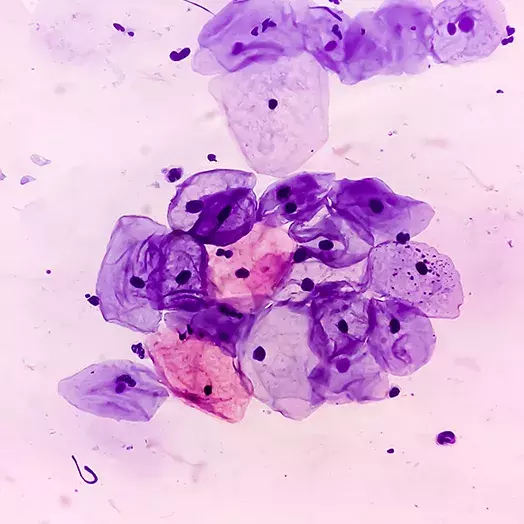
student experience
Could artificial intelligence in a “smart tampon” detect cervical cancer?Sam Honegger, who is from Switzerland and an MBA candidate on the team, said the experience offered him a new perspective. “Native American health is something I've never thought about before and I've never thought about how to solve this from a business point of view. I think what I've most appreciated from this course is trying to look at a problem that you might not think of immediately, and that you might not think of in business terms and trying to solve it in that way.”
The team understands that many of the problems facing Native American communities will not be fixed overnight and that solutions to pressing issues will come from within communities themselves.
“Sometimes it's just a matter of being that liaison between parties and helping so people aren't reinventing the wheels,” said Nelson. “I think this is another good example of possibility. I'm grateful that this group has taken up this difficult task as part of their project. It's been a really great experience.”
